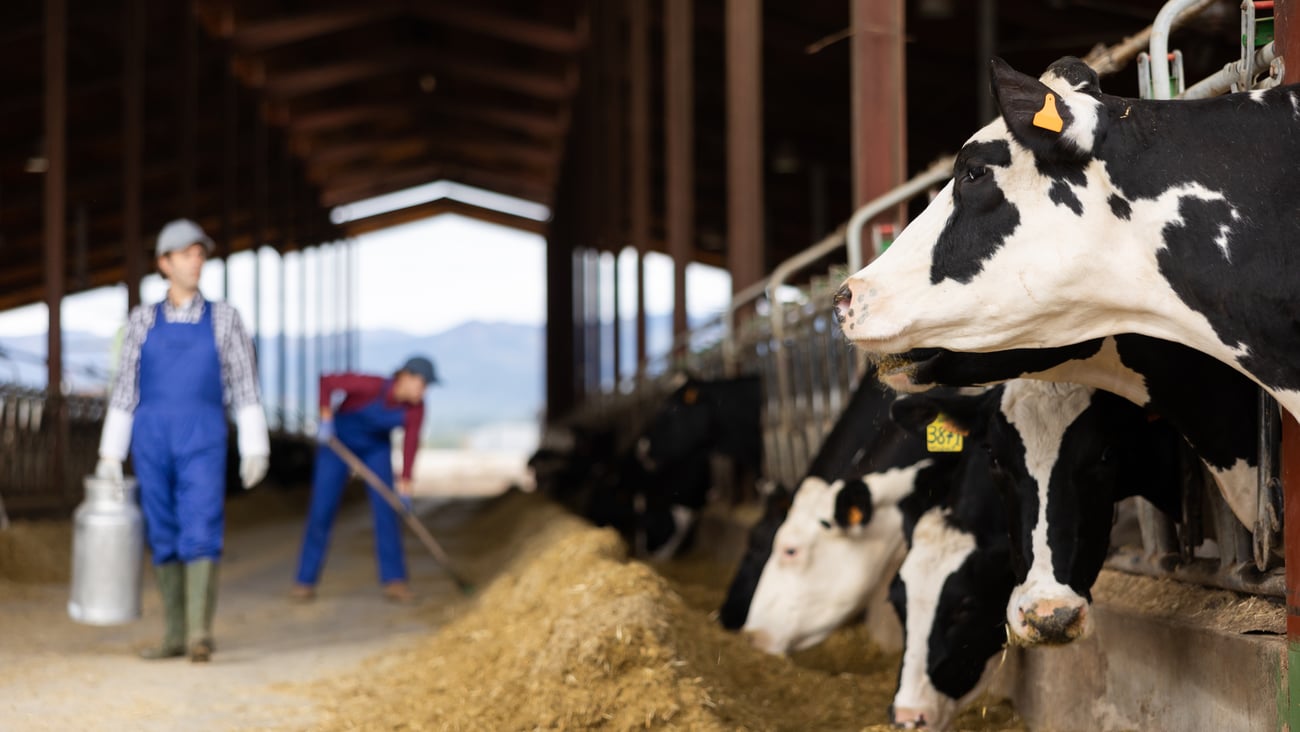Ocean's new frontier
Oceans feed the world. We often forget that for many emerging markets in Africa and Asia, fish represents more than 50% of the total animal protein intake. Such a diet affects well over half the world’s population.
For billions of citizens, given their limited access to perseveration technologies and energy, oceans are literately the world’s natural refrigerator and freezer. People go out everyday to catch lunch or dinner. But as scientists have been telling us for some time, our oceans’ state of affairs is rapidly changing which may affect how we feed the world in the future.
Two recent reports forecast that global warming will compromise life in the world's oceans. The International Union for Conservation of Nature claims that since 1975, oceans adsorbed more than 90% of all the extra heat caused by global warming.
The resulting ocean warming, combined with other threats like ocean acidification and reduced oxygen in ocean water, has led to impacts on marine life, including movement of fish species toward the poles, increased incidence of disease, and coral reefs bleached white and devoid of life. In other words, oceans have become the world’s coolant device, but it seems to be coming at a great cost. Food security for many parts of the globe is under threat.
Another report on fisheries also recently caught the attention of the scientific community. Global warming will undoubtedly affect businesses that rely on oceans to make a living. Canada’s University of British Columbia also published a report on the alarming state of our oceans, putting a dollar figure on it for industry. The report forecasts fisheries stand to lose approximately $10b of their annual revenue by 2050 if climate change patterns remain unchecked.
Of course, some are expected to gain as fish seek cooler waters for survival. Greenland, Ireland, and even Canada could be net-beneficiaries of climate change, according to some accounts. Nonetheless, oceans remain a largely unexplored frontier, despite covering almost 75% of our planet, impairing our ability to properly appreciate how fisheries could sustainably serve humanity and support food systems. Improved information and technology in fisheries and oceans will be key to better predict the future of our seafood systems. Acquiring substantial data and monitoring human interactions will be critical.
Our improved understanding can lead to changes in policy and how we establish programs to support industry. Science-based policy could even generate different governance models for both governments and business pundits.
The Ocean Frontier Institute (OFI) at Dalhousie is in collaboration with Memorial University and the University of Prince Edward Island. This institute will connect researchers from our region to collaborate with ocean research institutes around the world to examine the changing oceans. OFI has received a record-breaking $230 million in public and private funds over the last few weeks to better understand what is happening to our oceans as a result of climate change.
Individual business leaders from the seafood industry have contributed substantially to this Institute, suggesting they recognize the threat and what is at stake. This multi-year project is not just about increasing oceanographic and marine science know-how, but it is rather about a journey to develop a systemic understanding of how humanity and oceans can harmoniously cohabit the planet while creating a better support system for global food systems.
Our growing interest in oceans is timely as global demand for fish has increased. Consumption of fish has doubled in just a few decades and most estimates point to a growing demand moving forward. The “sushi” phenomena and popular seafood-focused regimes like the Mediterranean diet have enticed the Western world to embrace our oceans’ wealth.
These trends have led to bizarre food distribution anomalies. For example, the United States imports nearly every seafood consumed in the country while exporting almost everything they produce. Pure economics are behind this: other countries can earn more selling to the US than they can selling to their own citizens. As a result, though, seafood deserts and protein malnutrition threaten some of the world’s vulnerable regions; coupled with climate change, this situation may get worse.
Some countries, including Canada, are seeking to grow their aquaculture industry to increase domestic production capacity. But the idea of ocean and aquaculture interaction leaves some constituents uneasy; achieving sustainable aquaculture requires continued study of best practices and social attitudes.
Discussions on protein intake in Canada has predominately been related to our main staple livestock industries, which are cattle, hog and chicken industries. The transient and invisible nature of fish stocks in comparison to captive terrestrial food resources makes oceans easily forgettable. Land-based livestock sectors are obviously important sectors of our agricultural economy, but we must remember to include fish and seafood as part of our collective discussions related to sustainable food systems.
Given our nation’s history and the fact that we are surrounded by the world’s longest coastline, Canada should and ought to be a leading force, and the newly formed institute at Dalhousie can certainly help our country to achieve that.




